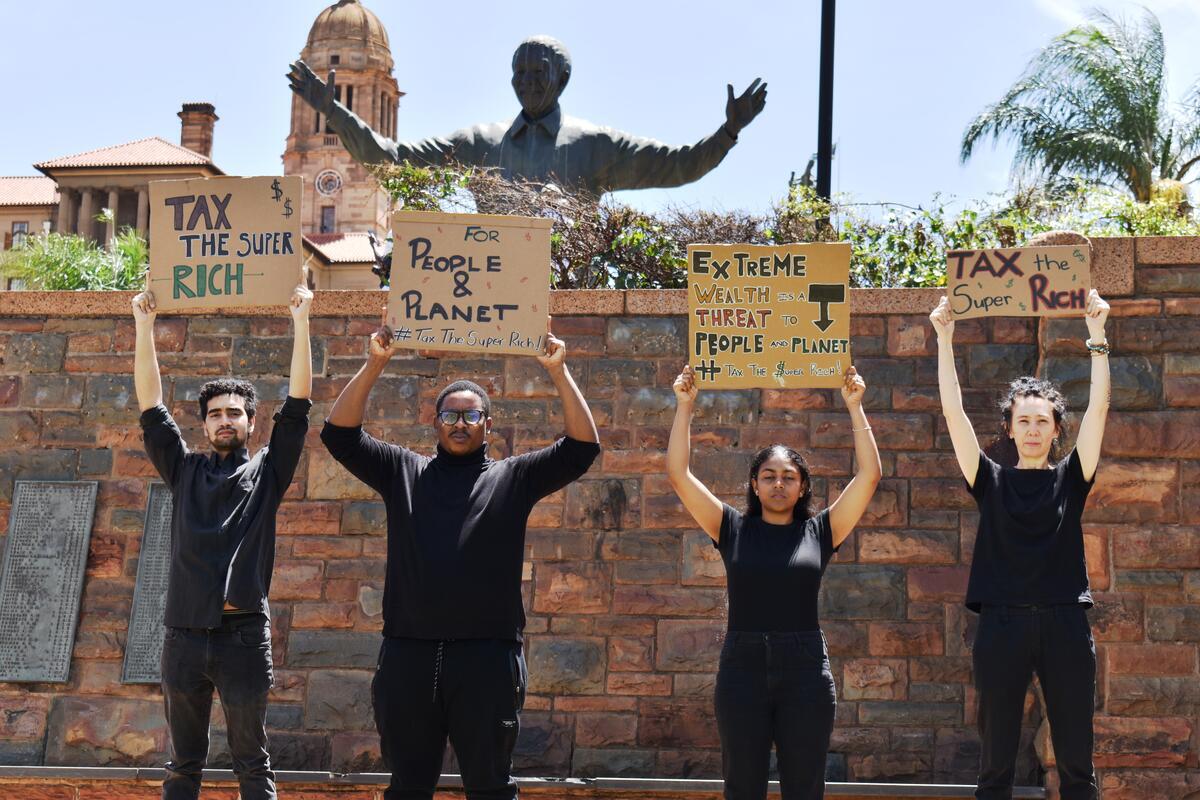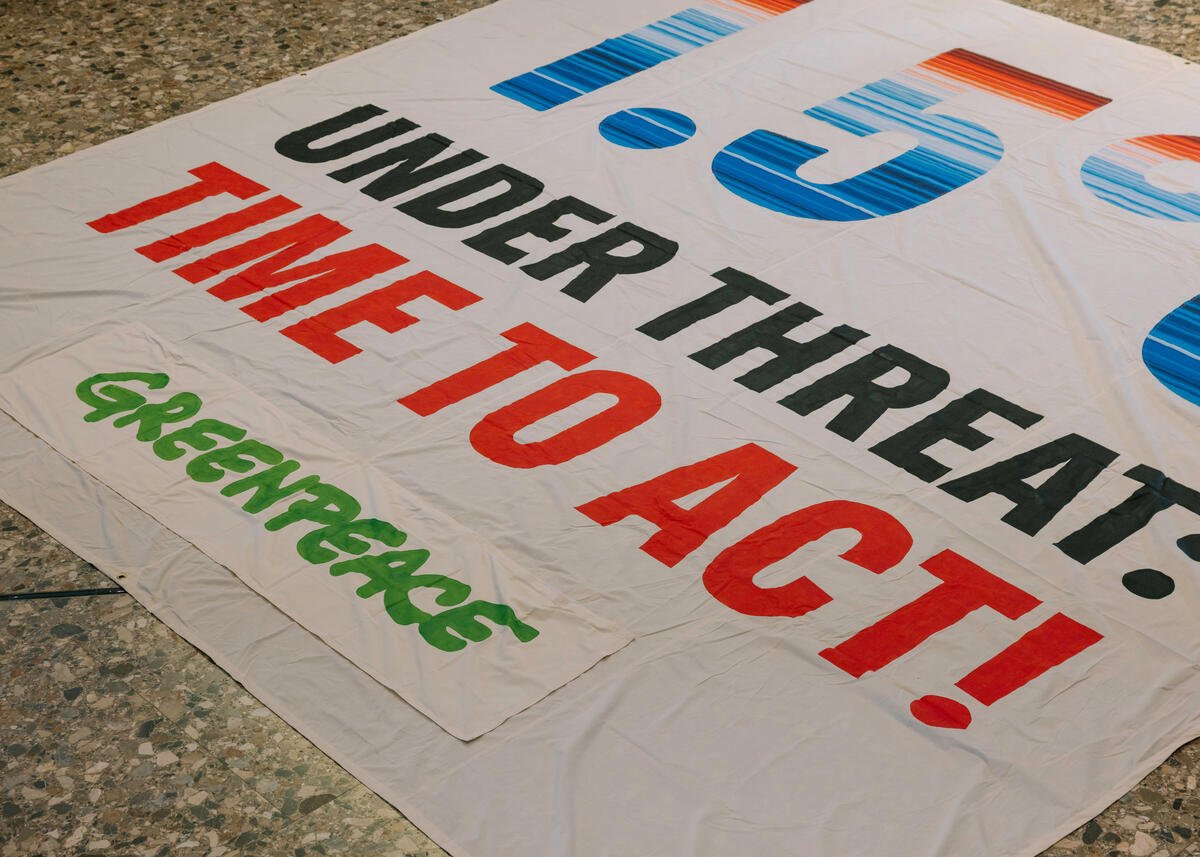Seoul, South Korea – Today, 226 out of a total of 228 local governments in South Korea announced a climate emergency declaration at the National Assembly, making it one of the largest joint climate emergency declarations by the local governments in the world. During the ceremony called “Declaration of Climate Emergency in South Korea”, the local governments vowed to play an active role in tackling the urgent climate crisis and create a just, sustainable future.
“We acknowledge that the climate change is at emergency levels and publicly declare that the local governments will play a leading role in responding to the global climate crisis,” said Hongjang Kim, Chairman of the Local Government Association for Climate & Energy Transition.
Around 150 government officials, including mayors, county governors, district heads, and civil society activists, attended the ceremony. They promised to set and implement greenhouse gas reduction targets to curb the global average temperature rise to 1.5 °C by 2100, as warned by the scientific community.
The local governments mainly emphasized 5 points in the declaration.
- We declare a climate emergency
- We will set our greenhouse gas emission reduction target to meet the global 1.5°C goal and act to achieve it
- We demand the central government and the National Assembly to declare a country-level climate emergency and a 2050 carbon net-zero vision as soon as possible
- We expand renewable energy to address the climate crisis and establish local energy plans to achieve regional energy independence
- We will work together closely with people to establish institutions to address the sustainability crisis
Globally, governments have made the climate crisis a top priority and have established and implemented action plans to achieve their goal of zero carbon emissions by 2050. On the other hand, South Korea has been seen as a ‘climate villain’, with its greenhouse gas reduction goals and action plans falling far short of the U.N. recommendations. In particular, there is a lack of cooperation measures and integration policies among government agencies and central and local governments, which are necessary to tackle the climate crisis. Fortunately, today’s climate emergency declaration provides an opportunity for South Korean government entities to find new ways to cooperate and proactively respond to the climate crisis.
“As cooperation between central and local governments has been effective in the COVID19 outbreak, the role of local governments is more important in responding to the climate crisis that is much more serious than the COVID19,” said Taeyoung Yeom, Chairman of the National Association of Mayors.
Globally, local governments are taking the lead in responding to the climate crisis. As of 20 May, 1,496 local governments in 30 countries have declared a climate emergency. In South Korea, so far two local governments, South Chungcheong province and Dangjin city, have declared a climate emergency.
“We greatly welcome the joint declaration by the local governments. Local governments are key players in the energy transition to establish a decentralized renewable energy system. We also demand the central government and the parliament to declare climate emergency at national levels, following the warning from the UN and scientific communities,” said Daul Jang, Advocacy Specialist of Greenpeace East Asia Seoul Office.
Greenpeace East Asia Seoul launched its Climate Suffrage campaign in 2019, demanding country-level climate emergency declaration.
ENDS
Notes:
Photos available here from 16:00 KST
Contacts:
Sean Lee, Communication Officer, Greenpeace East Asia Seoul, +82 10 9998 2414, [email protected]
Greenpeace International Press Desk: [email protected], +31 (0) 20 718 2470 (available 24 hours)
Follow @greenpeacepress on twitter for our latest international press releases



